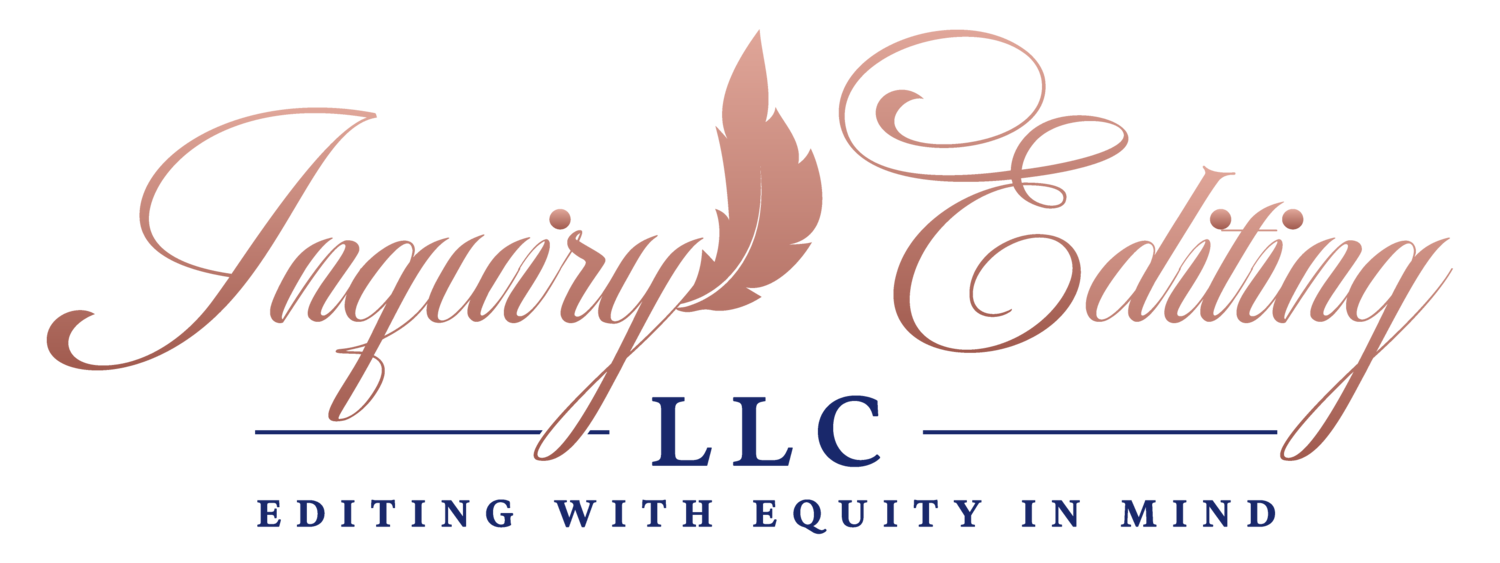Tax Yourself
Have you ever met a teen who received their first paycheck? Have you ever had to explain to them what taxes are?
I have.
The first question (barrage of questions actually) focused on why the roads were still bad, who really was FICA, why social security was always in jeopardy, and how the narratives about immigration were totally false. OK, that last one was more of a rant on their part. Still, they wanted to know why taxes were levied if they did not pay for things they could see. They wanted to know why some government entity could turn a gross payment into a net one.
I come to you – humbly – two days after the dreaded American Tax Day to tell you to tax yourself.
Now, before you balk. Here’s the deal about taxes. They are certain. They come the same time each pay period, each quarter, each year – they are consistent. Ostensibly, they are a down payment on crucial items needed for survival. (I’m speaking ideally, of course, for everyone quibbles about “what their taxes pay for.”)
The advice you’re about to hear usually comes in the more positive light of “pay yourself first.” The maxim echoes that which drives savers and spenders alike. The desire to pay yourself is crucial for any financial endeavor as well as any endeavor where others are likely to interfere. However, I’m not writing particularly to my more positively inclined readers. I direct this newsletter to those of you who currently dread writing, who would rather answer hours of email than write, who have lost faith in their writing processes. I’m writing to you.
Taxes, as certain as they are, are taken out of your paycheck before you ever see it. And, if you’re an entrepreneur, you budget for your fair share every quarter. It hangs over you like the Sword of Damocles. To tax yourself, then, is to take a rougher approach to your writing. You include it as sacrosanct your schedule. You guard that time valiantly. You make sure you’re doing exactly what you know is necessary.
Let’s start with the schedule. First, please say that you - as a working professional - keep a schedule, even if it is loose. You need to know when and where your appointments and meetings fall. Whether your schedule is paper or electronic doesn’t matter, so long as you have one. Schedule your writing time in it and keep to it. If you have trouble, get yourself a time accountant. These can be non-human entities like reminders, notifications, buzzers, or habit-trackers. They can also include humans in the way of phone calls, Zoom co-working sessions, Focusmate sessions, or accountabuddies.
Onto the guarding of the schedule. I’ll never forget when I tried to schedule a meeting with a colleague and she told me “I don’t have anything for three weeks.” I was astounded because I assumed this meant she didn’t value my time. Quite the contrary, she was not just managing the events in her schedule (writing time, meetings, classes, travel, child-rearing), but she was also managing the emotional portions of her schedule (gearing up for writing, irritation after a certain kind of meeting, down time after classes, decompression after travel, quality time with her child, sleep). Only after three weeks would that confluence of literal space in her calendar and emotional space in her bodymind meet. Some of you may feel offended on my behalf. If I am honest, I still feel a bit miffed. But, I am also in awe. And, I use that lesson anytime someone says they wish to meet with me. I refuse to move parts of my schedule for non-emergent meetings. My writing is crucial to my career and my personal well-being.
As for knowing what one is doing, well, that is a whole other matter. I could be glib and question whether any of us really knows what we are doing. But, the fact is that when it comes to writing, I do know what I’m doing. I read. I think. I write. I edit. It is that simple. For other folks, there are other steps, ones that correspond to their objects of inquiry: data, formulae, experiments, etc. But, those are the steps. Quite frankly, whatever additional steps there are can be understood via a meeting with a person who has done the steps before. Keep It Super Simple. Mwah.
Let’s get to the real reason I’m calling it a tax. You don’t want to do it. You don’t believe the payoff is worth it. You don’t believe in the end result. These things – roughly speaking, desire, will, faith – are tied to our psychology. Quite frankly, that can’t be ignored. If you are struggling with your writing – you know you need to for your career or you know you want to because it fulfills you and you find it unbearably difficult to the point of avoidance – then, you’ll want to ask yourself why.
This question functions as an audit. (Ha! Look at me!) It allows you dig at the thing that is “really bothering you” so that you can find a way to move through it. Here’s the thing: you may not know it until you pay your taxes.
